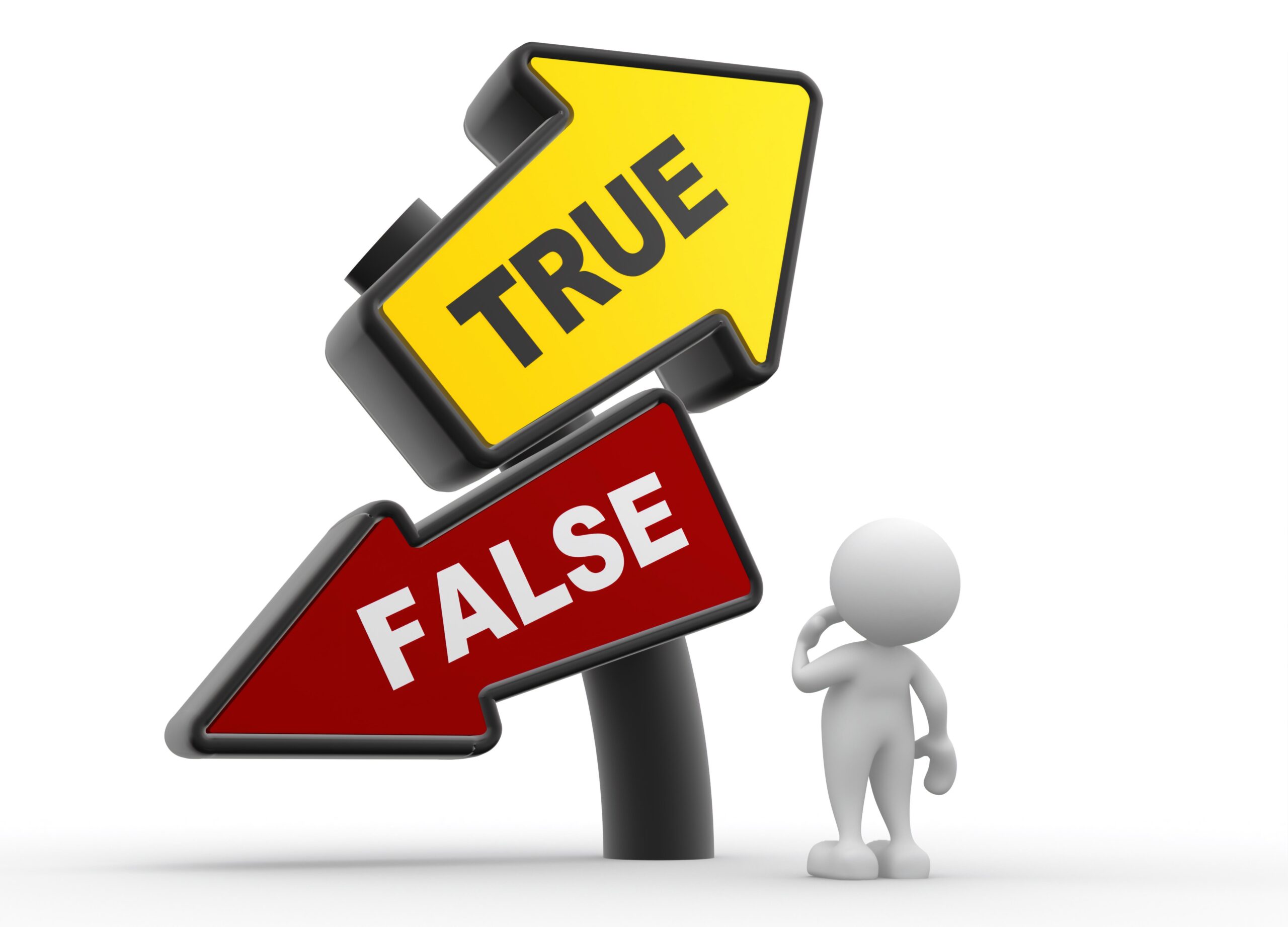Have you found that answering quizzes is one of the BEST ways to learn psychopharmacology (and almost anything else)? If so, it is important for your learning that you take this short quiz.
This is psychopharmacology quiz no. 81 on this website. Links to the other quizzes are provided at the bottom of this page.
Of the following three statements, which ones are True and which ones are False? All you have to do is quickly say “True” or “False” in your mind for each of them.
Then, click on “Click here to see the answer” (below each question) to see if you were right and, if not, to see the correct answers. Brief explanations of the correct answers will also be provided but are optional to read.
Question no. 1. True or False? A patient who was noted to be drinking fluids very frequently reported that he had been feeling very thirsty and was passing a lot more urine than usual. Urine osmolality and a basic metabolic panel were ordered. The urine osmolality was found to be low, and on the basic metabolic panel, the serum sodium was well above the normal reference range. The likely diagnosis is psychogenic polydipsia.
Question no. 2. True or False? A blood test for phosphatidylethanol (PEth) aims to identify heavy use of alcohol over the previous 2 to 5 weeks.
Question no. 3. True or False? Even if a patient with delirium did not have a history of pre-existing dementia, the patient should be monitored for possible new-onset dementia in the coming months.
